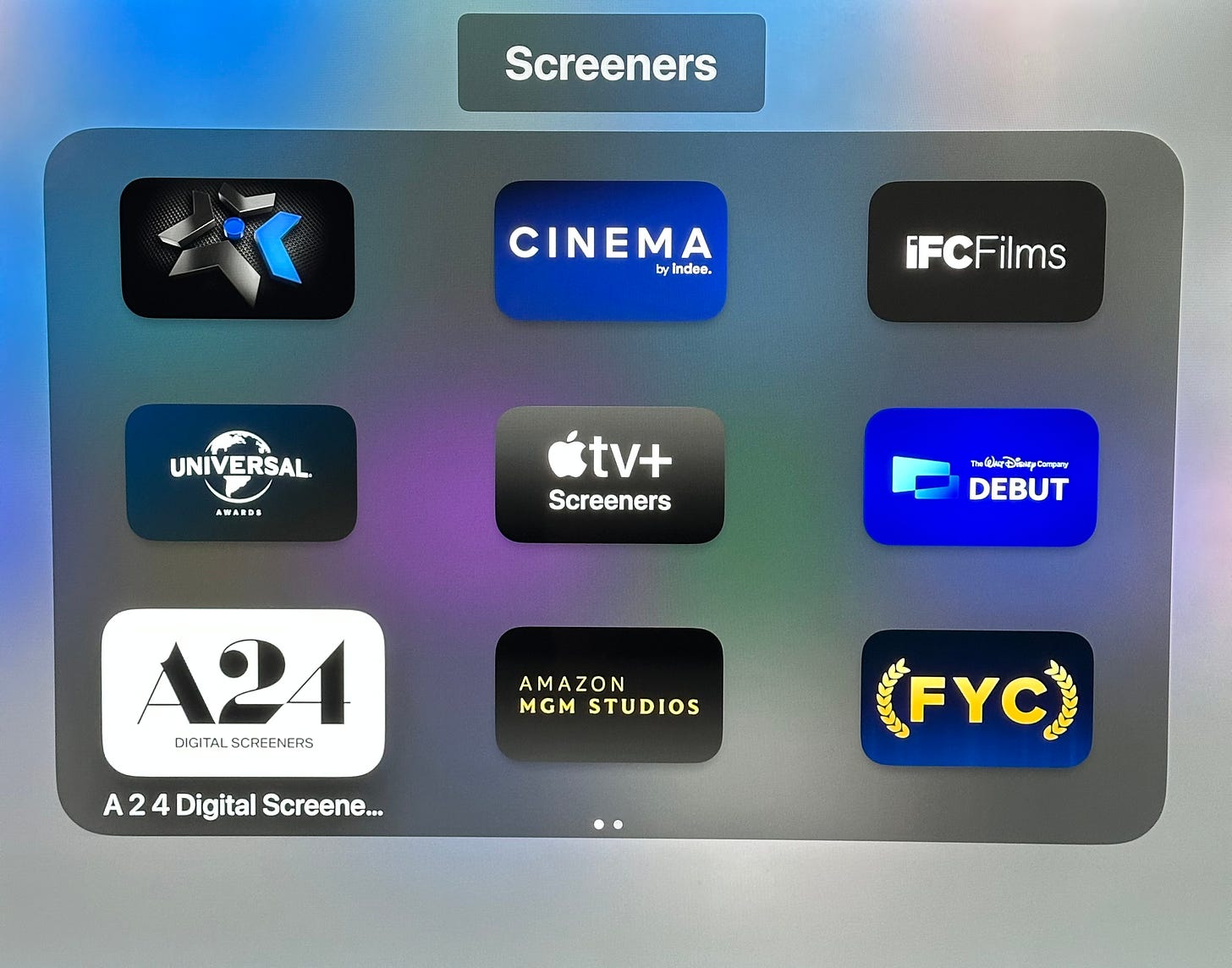Over the years, I’ve come to see awards season as a necessary evil. I think putting art in competition with other art is a little silly, and more often than not, the result creates artificial expectations of what a movie should or should not be. However, if the surrounding awards campaign creates interest among viewers who typically only see blockbusters or causes studios to fund smaller dramatic works, then I think it’s a fair trade.
For their part, critics’ groups (or at least in my experience as both a member and observer) do their best to celebrate the movies that appeal to their members. Whether the selections of these groups have any bearing on how various guilds and awards bodies behave is debatable, but you do the best with what you have. One group says The Brutalist is the best movie of the year; another says it’s Wicked, and both will likely get nominated for Best Picture at this year’s Oscars.
Where I struggle and have particularly struggled this year, is in how studios work to get their movies to those critics groups. Let me say upfront that I’m sympathetic to the struggles here. There are dozens of critics groups across the country, and you’re trying to make sure they consider your movie. Furthermore, not all groups are created equal. Critics groups like the New York Film Critics Circle (NYFCC) and Los Angeles Film Critics Association (LAFCA) hold more sway not only due to their proximity to the industry but also because, as major cities, they tend to get more movies released in more theaters. I’m not surprised to see NY-based critics celebrating movies like Green Border and No Other Land; they had opportunities to see those movies that critics in other cities didn’t.
I know this because I’m one of those critics in another city. The lack of screenings here in Atlanta isn’t because some publicist somewhere thought Atlantans weren’t as refined as critics in New York and L.A. It’s basic economics. You have a small movie and a limited budget for prints and advertising. You need to get the most bang for your buck, and film writers in New York and L.A. have the widest reach. I think my colleagues in Atlanta do outstanding work, but I can also acknowledge that the Atlanta Journal-Constitution hasn’t employed a full-time film critic since 2007.
This leaves the question of what to do at the end of the year when you need to make one big push to get some nominations for your movie. The plan of attack is to get your film noticed by the critics groups. Then, the guild members may take notice, watch the movie, and nominate it for awards. Once the guilds chime in, then the Academy, whose membership tends to overlap with the guilds, may end up nominating your movie. This is how you can get a film like the 2014 Polish drama Ida to an Oscar for Best Foreign Language Film.
The problem arises when everyone follows the same playbook.
Keep reading with a 7-day free trial
Subscribe to Commentary Track to keep reading this post and get 7 days of free access to the full post archives.





